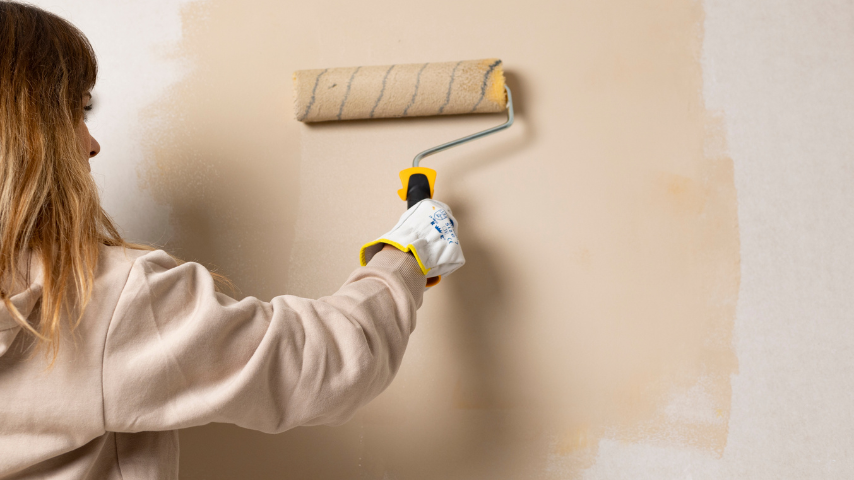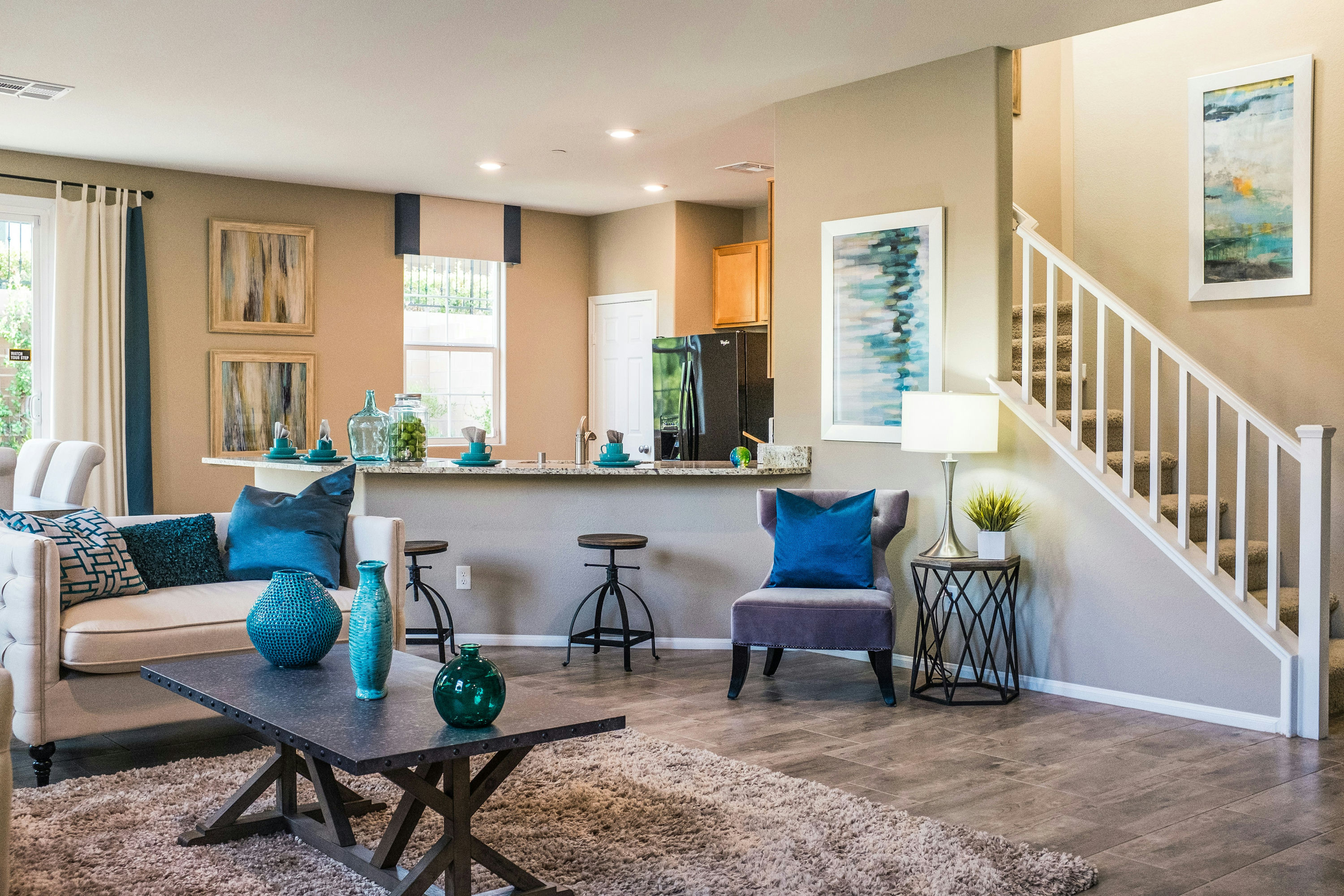Deciding on the type of property to buy is a significant decision for homebuyers, especially first-timers. With a wide array of options available, it can be challenging to determine which one suits your lifestyle and budget. One popular choice among potential homebuyers is a townhouse. This article explores the pros and cons of owning a townhouse and what to consider before making a purchase.
What is a Townhouse?
A townhouse refers to a multi-level dwelling that typically shares at least one common wall with an adjoining residence. This is distinct from condominiums, which are usually single units situated within a larger community setting.
Often, townhouses are designed as components of a gated community or neighborhood, presenting an appealing choice for those seeking the cohesiveness of a community, yet desiring to avoid the hustle and bustle of urban living.
Townhouses are usually established on a small plot of land, extending only a minimal distance beyond the property boundary. With the increased shift to remote work due to the pandemic, there has been a surge in demand for residential spaces in suburban communities.
Townhouses tend to cater well to this demand, meeting many of the preferences modern homebuyers seek in a property.
Characteristics of a Townhouse
- Attached homes: Townhouses share one or two walls with neighboring homes, making them semi-detached properties.
- Multi-floor living: Townhouses usually have multiple floors, with the living area typically on the ground floor and bedrooms on the upper floors.
- Small yards: Townhouses often come with a small front or backyard, providing some outdoor space for homeowners.
- Homeowners Association (HOA): Most townhouse communities have an HOA that manages the common areas and enforces community rules and regulations.
- Shared amenities: Townhouse communities often offer shared amenities like clubhouses, swimming pools, fitness centers, and walking trails.
Pros of Buying a Townhouse
Cost-Effectiveness
Townhouses are usually priced lower than their single-family counterparts. This is largely due to the more compact size of these homes, smaller lot sizes, and limited outdoor spaces. Furthermore, the shared walls with neighboring units contribute to this affordability. With less space to maintain, the cost of upkeep is often reduced as well.
Benefits of Homeowners Associations and Added Facilities
Though some individuals may have reservations about homeowners associations (HOAs), these organizations primarily serve to uphold the property values for its members. HOAs often come with additional benefits such as access to amenities like clubhouses, swimming pools, fitness centers, tennis courts, and walking paths. They frequently offer services like snow removal and lawn mowing, further enhancing their appeal.
Fostering Community Ties
Given the proximity to neighbors in a townhouse setting, it’s not uncommon for strong bonds and a sense of community to develop. If daily interactions with neighbors appeal to you, a townhouse could be the ideal residential option. Many townhouse communities foster this community spirit by organizing various events like cookouts and seasonal festivities, enabling residents to connect and forge relationships.
Minimized Maintenance Responsibilities
Owning a townhouse means you have fewer maintenance responsibilities compared to a single-family home. The HOA typically takes care of the exterior maintenance, landscaping, and common areas, allowing you to focus on the interior of your home.
Security
Townhouse communities often have security measures in place, such as gated entrances and surveillance cameras. This added layer of security can provide peace of mind for homeowners.
Cons of Buying a Townhouse
Reduced Living Space
Moving to a townhouse often involves sacrificing some living space. Depending on the floor plan, particularly if it isn’t open-concept, the area may feel somewhat confined. For larger families or those with pets requiring space to roam freely, townhouses might feel somewhat restrictive.
Restrictions Imposed by Homeowners Associations
While HOAs can be beneficial for some, they might seem overly intrusive to others. If the idea of an organization dictating certain rules regarding your property is off-putting, a townhouse may not be the best fit for you. For instance, some HOAs may exercise control over the exterior aesthetics of your property or restrict your landscaping preferences.
Compromised Privacy
Sharing walls with a neighbor can sometimes lead to unavoidable disturbances. Consider a situation where a neighboring child has a penchant for drumming late into the night, or perhaps you simply do not resonate with your immediate neighbor’s lifestyle. In such cases, your options for remediation could be limited.
Potential for Noise
Sharing walls with neighbors means you might have to deal with noise from their homes. Soundproofing can vary from one townhouse to another, so it’s essential to consider this factor before purchasing.
Resale Value
Townhouses generally appreciate in value at a slower pace compared to single-family homes. If you plan to sell your home in the future, this could be a significant consideration.
What to Consider Before Buying a Townhouse
Location
Consider the location of the townhouse community. Is it close to essential amenities like schools, shopping centers, and transportation? A well-located townhouse can increase its value over time.
Homeowners Association
Research the HOA and its rules and regulations. Ensure the fees are reasonable and that the association is financially stable. Also, check if there are any upcoming special assessments that could surprise you with unexpected costs.
Floor Plan
Choose a townhouse with a floor plan that suits your lifestyle. Consider factors like the number of bedrooms, bathrooms, and overall layout. An op16en floor plan can make a townhouse feel more spacious and comfortable.
Neighbors
Get to know potential neighbors before making a purchase. This can help you understand the community better and assess if it’s a good fit for you.
Future Plans
Think about your future plans and if a townhouse can accommodate them. If you plan to expand your family or have more space for hobbies, a townhouse might not be the right fit.
Final Thoughts
Owning a townhouse can be an excellent option for many homebuyers, particularly those looking for affordability, convenience, and a sense of community. However, it’s essential to weigh the pros and cons and consider all factors before committing to a townhouse. By doing thorough research and asking the right questions, you can make an informed decision and find the perfect property for your needs.









